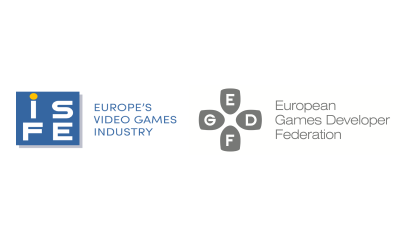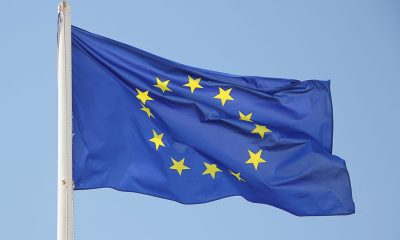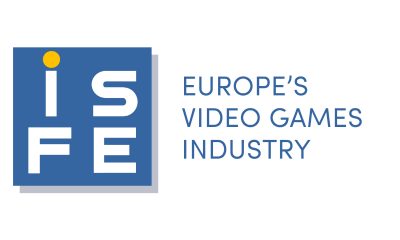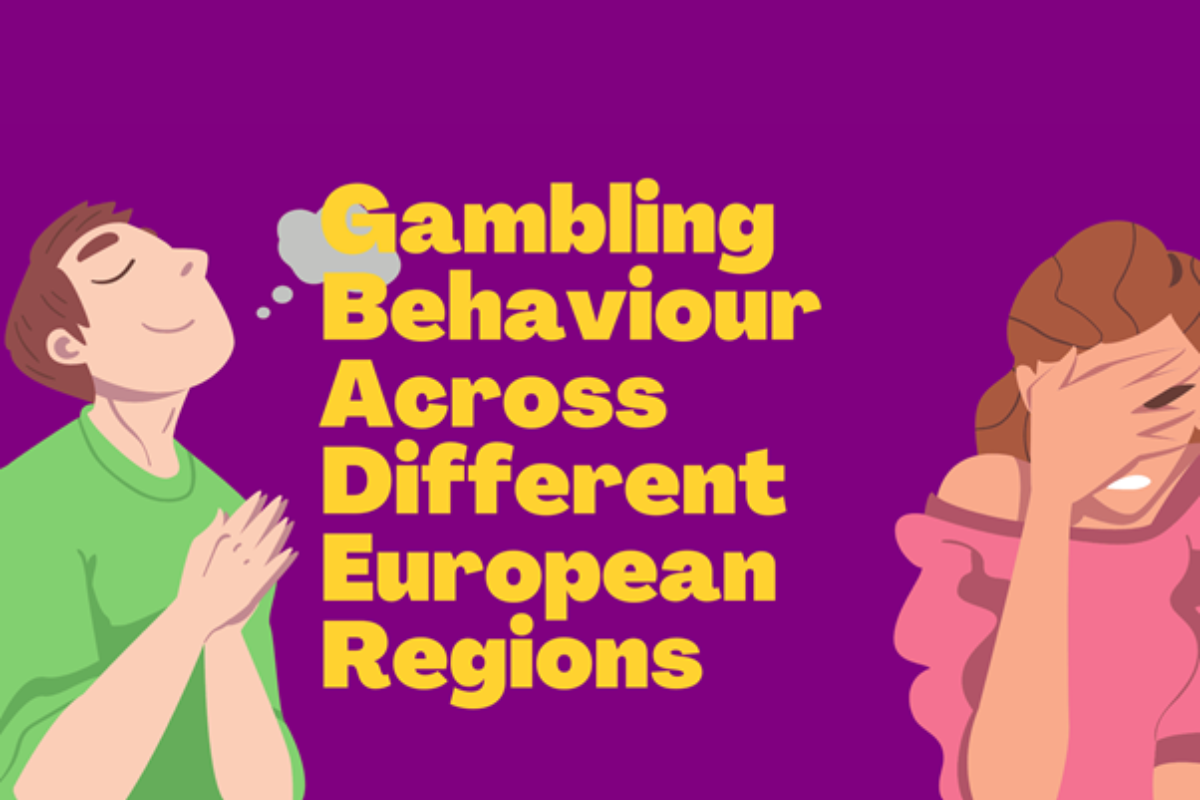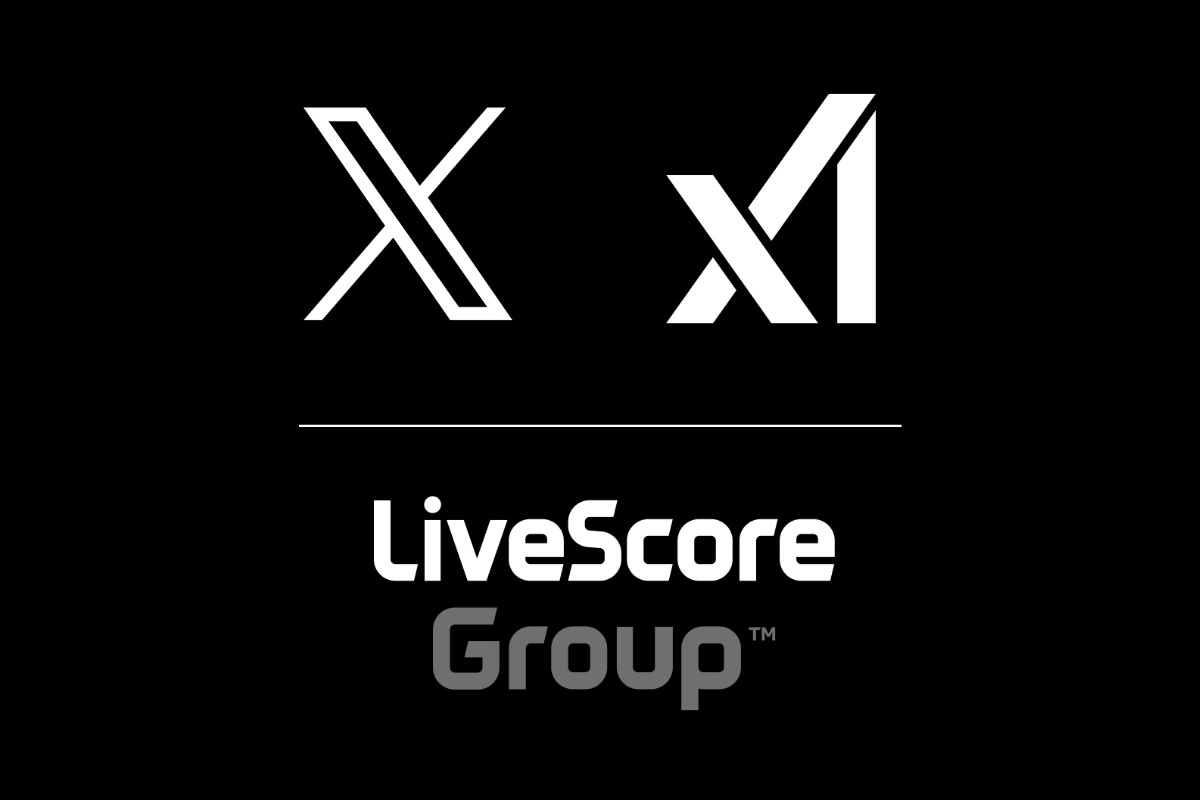European Union
EU DIGITAL EDUCATION ACTION PLAN SHOULD EMBRACE VIDEO GAMES TO BOOST DIGITAL LITERACY AND HELP FILL THE DIGITAL SKILLS GAP IN EUROPE
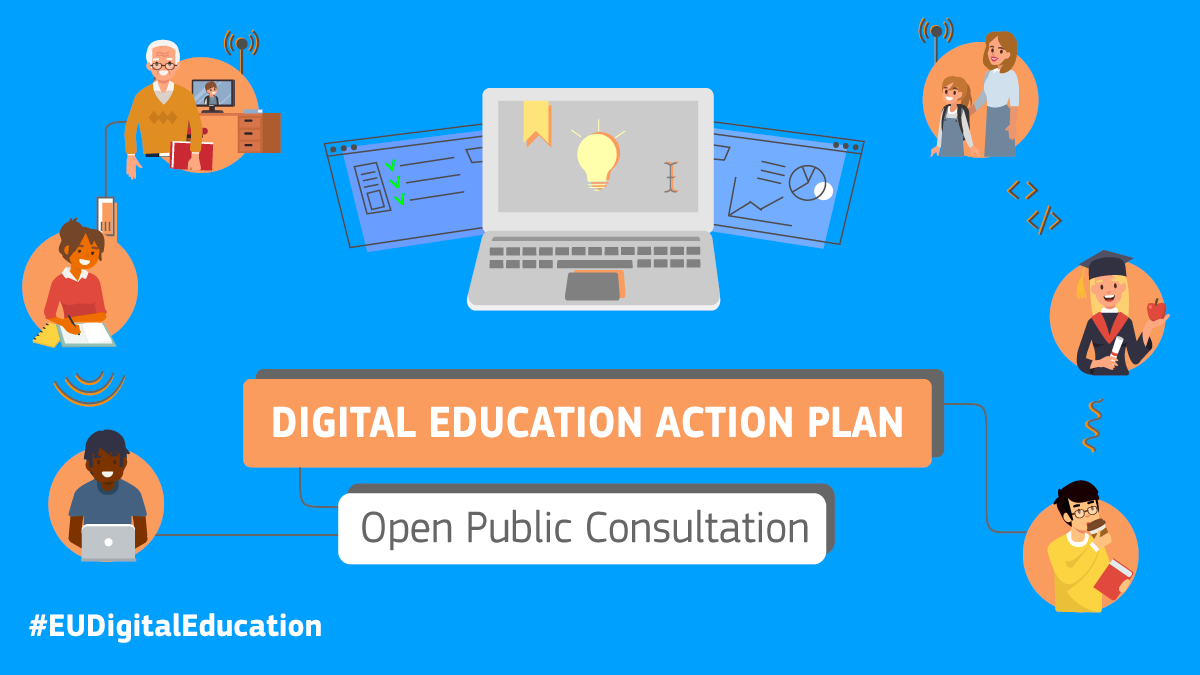
In advance of next week’s publication of the European Commission’s updated Digital Education Action Plan, ISFE presents the results of the Games in Schools project. The project includes the new teachers’ handbook, a resource created for teachers, in collaboration with European Schoolnet (the network of 34 Ministries of Education). Games in Schools is designed to provide teachers with training on how to use commercial video games as pedagogical support in the classroom to support student engagement and the development of digital competences, boost digital literacy and help fill the digital skills gap in Europe. More than 4,200 teachers from all over Europe took part.
ISFE CEO Simon Little said: “There is a wealth of evidence that the use of video games in the classroom boosts important 21st century skills: teamwork, communication, problem solving, critical thinking, analytical skills and much more. Video games are central to today’s society, and the European Commission should use the Digital Education Action Plan to encourage all national governments to embrace the opportunity for digital growth and employment in Europe that they represent and to follow the Polish Government’s example by adding them to the school curriculum. Europe’s video games industry is worth €21.6bn and it has grown 55% over the past five years. Europe’s educators need to catch up and prepare our young people for the jobs of the future.”
The European Commission cites the Action Plan as a key instrument in the COVID-19 recovery process. A recent Ipsos MORI study commissioned by ISFE found that one in five parents agreed that video games had helped with their children’s education and schooling and a high proportion of parents agreed that playing video games had a positive impact on mental health during lockdown. Video games were a valuable tool for people to stay connected with friends and family online, for education, fitness and entertainment during the worst of the pandemic.
European Schoolnet Executive Director Marc Durando said: “The pandemic has shone a light on the importance of supporting teachers to use digital tools in a pedagogically effective way. Video games have the potential to not only engage students in learning but to also turn them from passive consumers of digital media to creators and developers that shape the digital media of tomorrow. The Games in Schools project has provided teachers with training and guidance on how to achieve this shift through pedagogically grounded learning activities which make use of video games in the classroom.’’
The results of Games in Schools, which successfully reached more than 4,200 teachers across Europe in 2019, and the new teachers’ handbook are presented on 29 September at a free online event, “Learning by Playing”, kindly supported by Sabine Verheyen, Chair of the European Parliament’s Culture and Education Committee with a keynote speech by Antoaneta Angelova-Krasteva, Director for Innovation, International Cooperation & Sport, DG EAC, European Commission.
-

 Asia7 days ago
Asia7 days agoDigital gaming disruption tackled in 1st AsPac Regulators’ Forum
-

 Africa7 days ago
Africa7 days agoBetKing Renews Ikorodu City FC Partnership for 2025/26 NPFL Season
-

 Compliance Updates6 days ago
Compliance Updates6 days agoKongebonus statement: Norway’s election result signals gambling policy continuity, but licensing debate is set to intensify
-
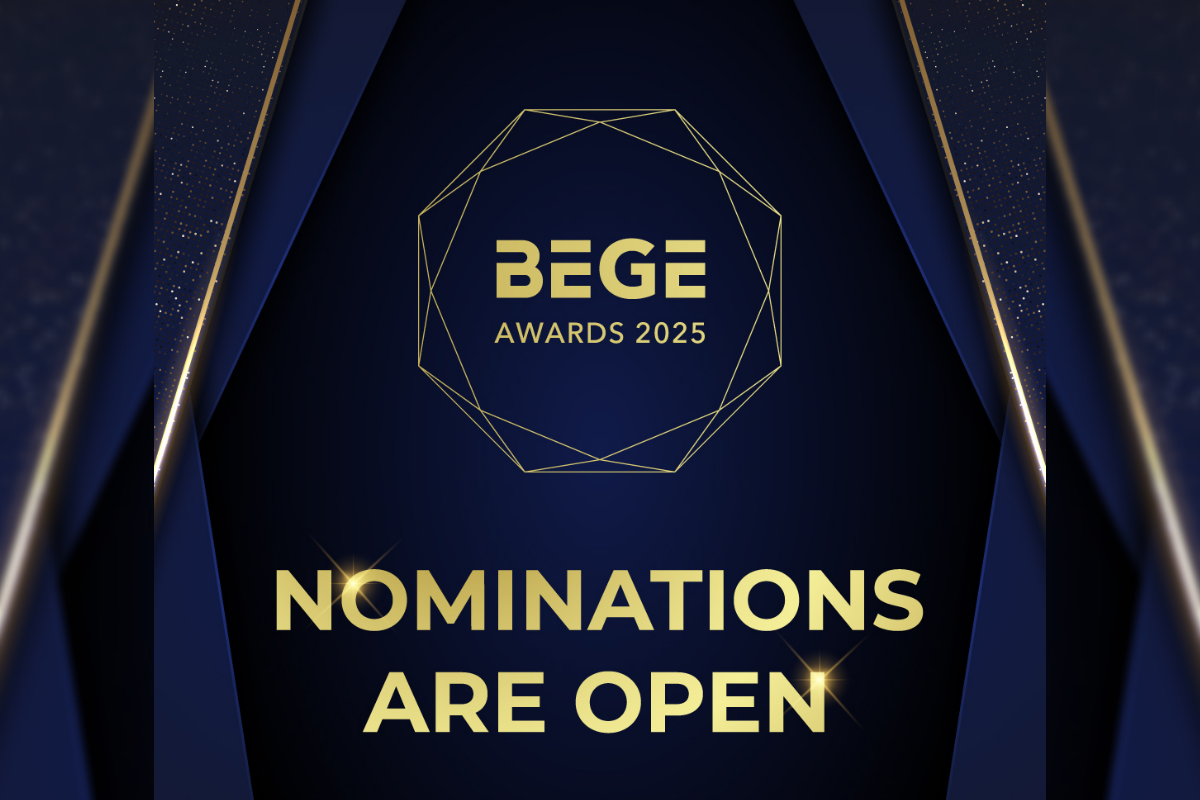
 Balkans7 days ago
Balkans7 days agoBEGE Awards Nominations Now Open – Celebrating 16 Years of Industry Excellence!
-

 Latest News6 days ago
Latest News6 days agoAnswer the Call of the Wild: ELA Games Unveils Its Latest Game “Buffalo Force”
-
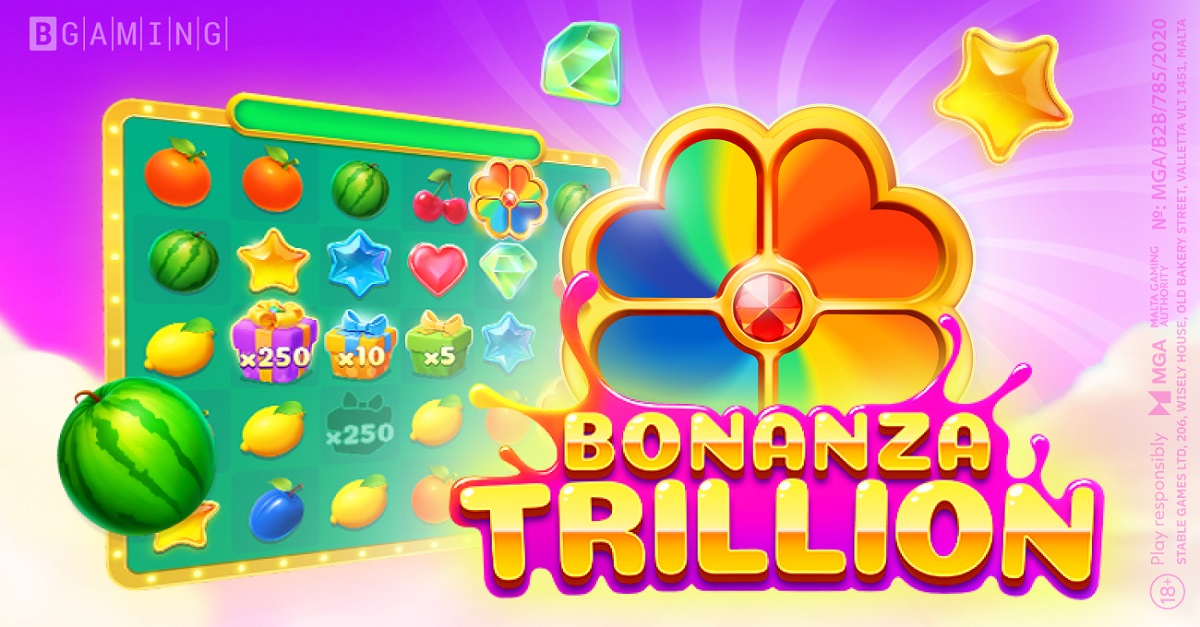
 Latest News7 days ago
Latest News7 days agoWin a Fruity Fortune in BGaming’s Bonanza Trillion
-

 Latest News6 days ago
Latest News6 days agoSaddle up for big wins under the Bison Moon with the latest slot from Northern Lights Gaming
-
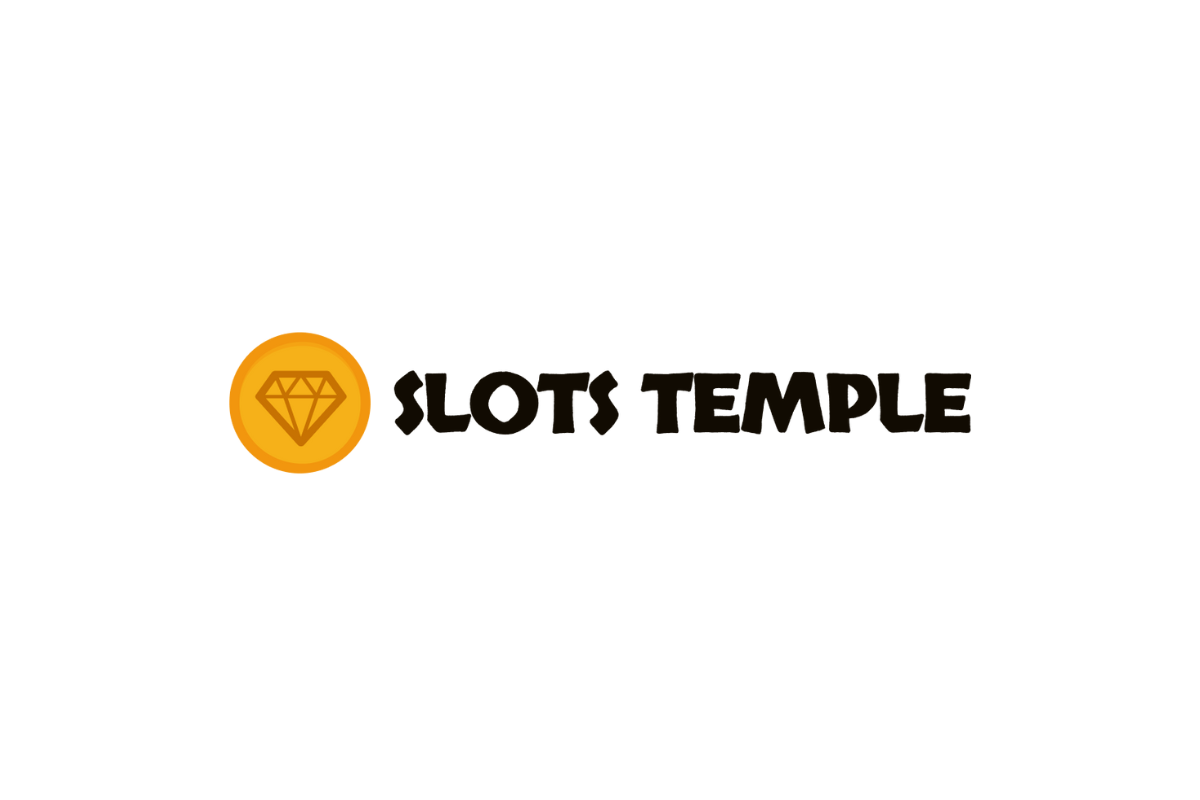
 Latest News7 days ago
Latest News7 days agoSlots Temple Announces Exclusive Free-to-Play Tournament Partnership with Pragmatic Play












